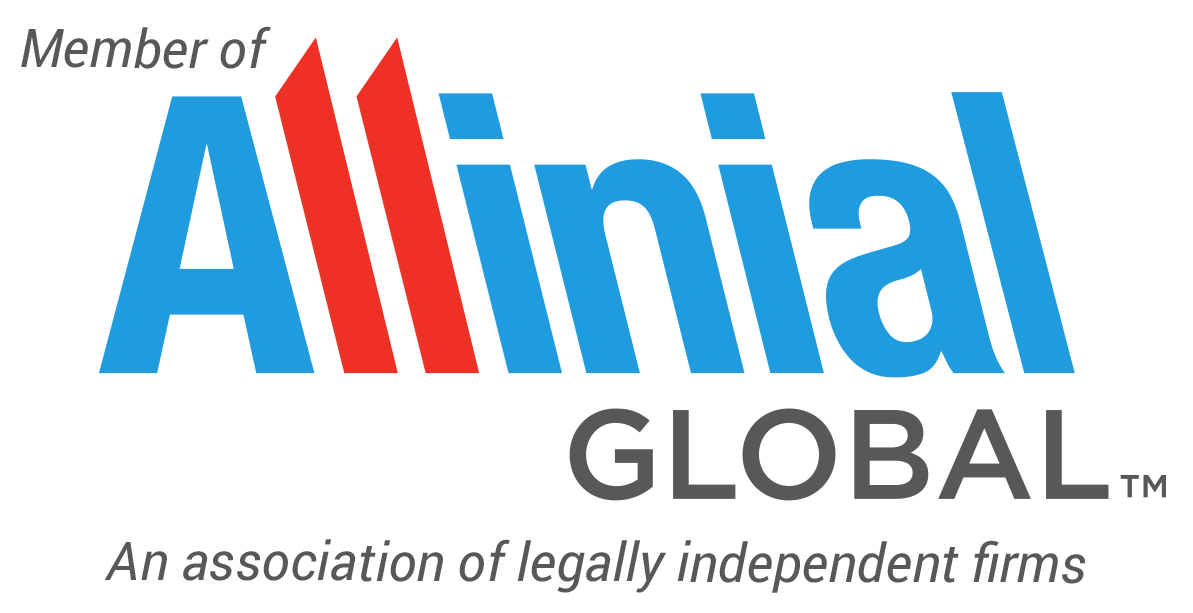States are hurting for revenue these days. The COVID pandemic has slowed the economy, thus decreasing tax revenue, and most states have had increases in spending to address public health issues. We anticipate this will result in more audit activity – particularly sales tax audits. Due to the complexity of sales tax laws, most states find, including Texas, that sales tax audits are particularly fruitful.
How do you prepare when that dreaded letter arrives? Here are a few tips to help you prepare and successfully navigate the audit process.
Reconcile the Numbers
- Prepare a reconciliation schedule of total sales on your sales tax reports to total sales on your financial statements and federal income tax return. This is one of the first things the auditor will look at. Be able to explain any discrepancies.
- Reconcile your sales tax accrual account to what’s reported on your sales tax reports.
Get Your Resale and Exemption Certificates in Order
- Run a customer report and sort it from highest sales to lowest. Start from the top and work your way through the list to make sure you have all resale and exemption certificates on file for each customer that is making exempt purchases.
- Review your resale and exemption certificates and make sure the customer names on the exemption certificates match your invoices exactly.
- Exemption certificates can be disallowed if they are not properly completed. They should contain the name and address of the purchaser, description of the items to be purchased, reason the purchase is exempt, signature of purchaser, the date, and name and address of the seller.
- We recommend that you get all resale and exemption certificates cleaned up, put them in alphabetical order, scan them and email them to the auditor before the audit starts. Ask the auditor to validate them. If any are incomplete, most states will allow you a certain period of time to correct them. Otherwise, they may be rejected, and you will owe any tax that should have been collected.

Review Use Tax Responsibilities
- Review your fixed asset purchase invoices. Did you pay sales tax on all taxable purchases? If not, file an amended sales/use tax return and remit use tax prior to the start of the audit.
- Review purchase invoices from frequently used out-of-state suppliers. If the purchases are not exempt and they are not charging you tax, you may need to remit use tax.
Manage the Audit Process
- Only allow the auditor one point of contact within the company or designate your CPA as the point of contact. That one person should handle all requests and questions.
- Make sure the auditor has a good understanding of your business.
- Don’t allow the auditor access to a copy machine to make their own copies. Make all copies for them and always make an extra set for yourself so you know what they’re looking at. They will generally request fewer documents if they must go through you. The less info they can take with them, the better.
- Carefully document every discussion you have with the auditor.
- Call the auditor’s manager into the discussion if needed.
ATKG Is Here To Help
If you find yourself in this unfortunate situation, ATKG is here to help you through the process. Our sales tax experts can do anything from fielding taxability questions to managing the audit for you. Contact your ATKG advisor for more information.
Annette Goodson is a Tax Director for ATKG and serves as the lead of its State and Local Tax practice. She brings more than 25 years of public accounting experience to the federal and state tax and recruiting teams. Annette is a Certified Public Accountant and received her bachelor’s degree in accounting from The University of Texas at San Antonio.
For further information on this topic, contact Annette Goodson or a member of our Tax practice at 210.733.6611 or agoodson@atkgcpa.com.




